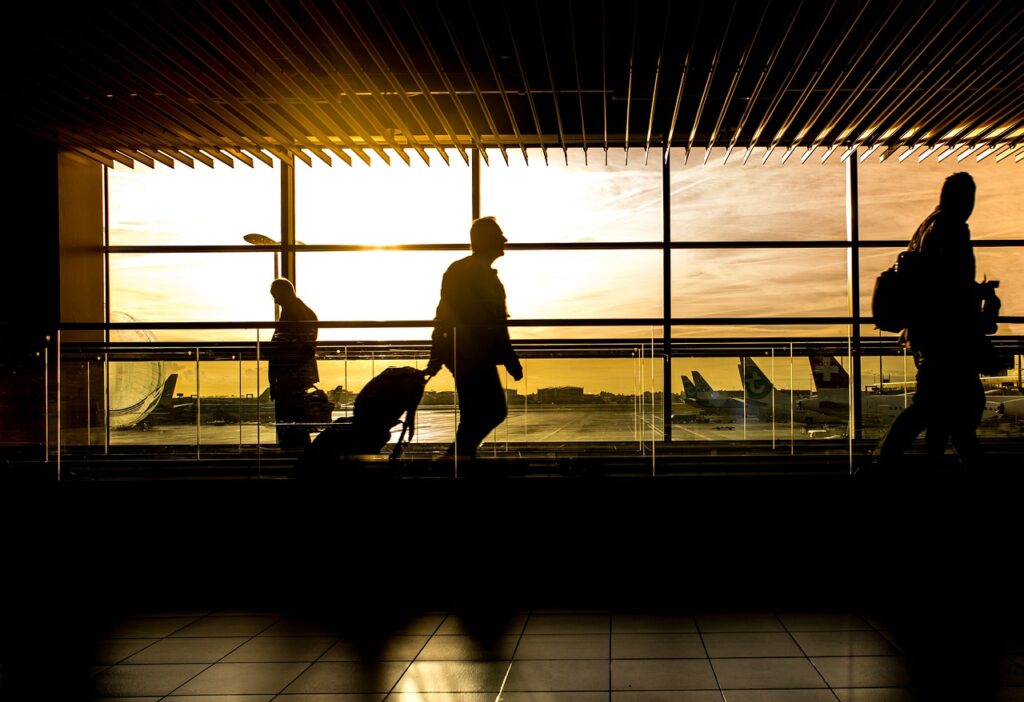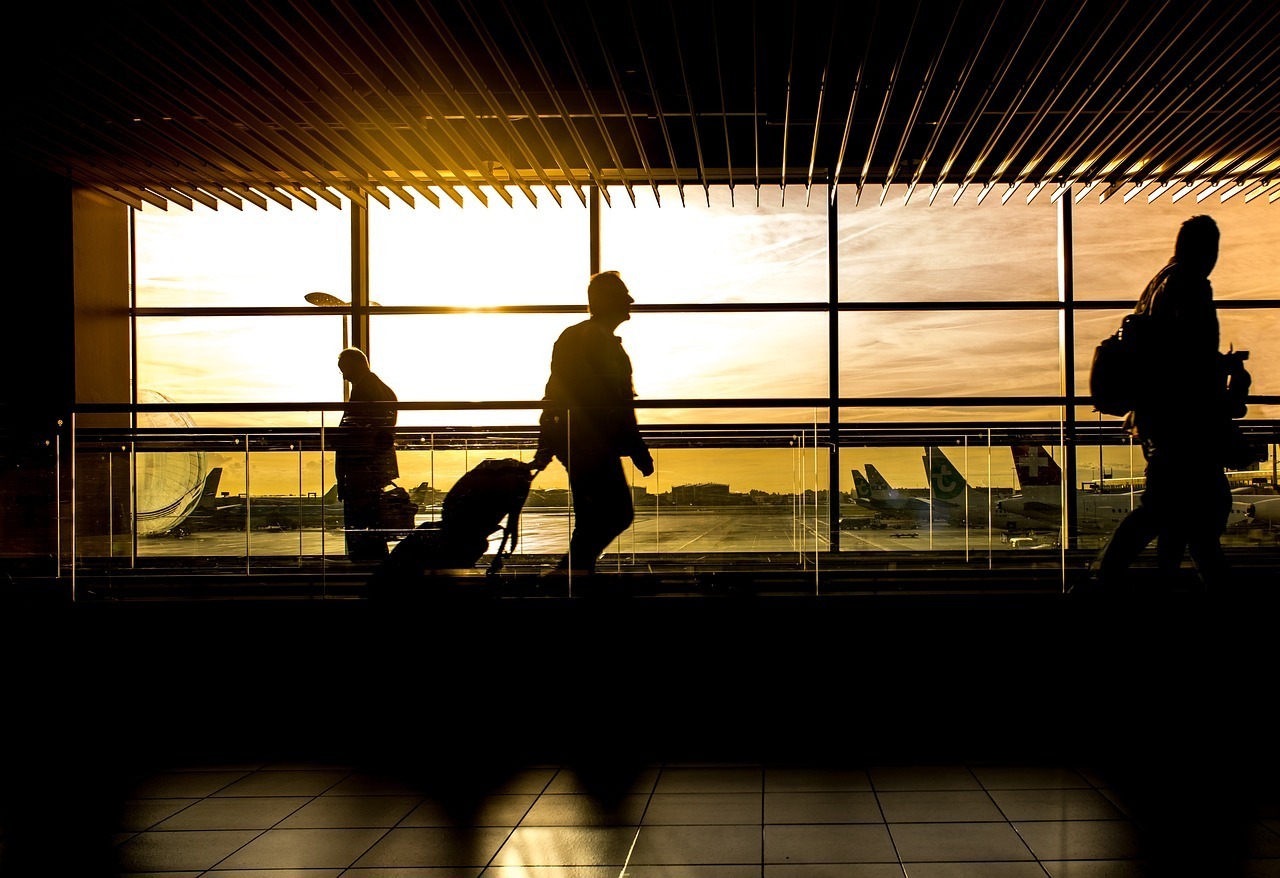Traveler’s Dua – Invocation in Islam
Traveler's Dua - Invocation in Islam

Traveling has always been a significant part of human life, whether for work, leisure, or religious purposes. In Islam, traveling is not just a mundane act but also a spiritual opportunity. This article delves into the Traveler’s Dua (supplications), its significance, how to recite it correctly, and additional resources for those looking to deepen their understanding of Islamic teachings through institutes like Al-Dirassa Institute, which offers specialized online Islamic courses.
What Is the Traveler's Dua in Islam?
The Traveler’s Dua is a specific supplication prescribed in the Sunnah of Prophet Muhammad (peace be upon him). It is recited for protection, guidance, and ease during a journey. The Prophet emphasized that making dua while traveling is one of the times when prayers are readily accepted.
The Main Dua for Traveling
The Prophet (peace be upon him) recommended reciting the following when beginning a journey:
“Subhanalladhi sakh-khara lana hatha wa ma kunna lahu muqrineen wa inna ila rabbina lamunqaliboon.”
Translation: “Glory is to Him Who has made this subservient to us, and we could not have accomplished this without Him, and indeed we are going to return to our Lord.”
For longer journeys, the full supplication includes prayers for safety and blessings for those left behind.
Book your free trial lesson
Don’t want to go through the translation anymore?
30 free minutes with your qualified Egyptian teacher.
Why Should You Recite the Traveler's Dua?
Traveling comes with uncertainties, making it essential to seek Allah’s protection. The benefits of the Traveler’s Dua include:
- Divine Protection: Shielding oneself from harm, accidents, or misfortune during the journey.
- Spiritual Awareness: Reminding oneself of the temporary nature of this world and the ultimate journey to the Hereafter.
- Barakah (Blessings): Invoking Allah ensures that the trip brings benefit in both spiritual and worldly aspects.
Invocation - Dua Examples in Arabic, Transliteration, and Translation:
Arabic:
“بسم الله توكلت على الله ولا حول ولا قوة إلا بالله”
Transliteration: “Bismillah, tawakkaltu ‘ala Allah, wa la hawla wa la quwwata illa billah.”
Translation: “In the name of Allah, I place my trust in Allah, and there’s no might nor power except with Allah.”
Prayer for Safety:
Arabic:
“اللهم هون علينا سفرنا هذا واطو عنا بعده”
Transliteration: “Allahumma hawwin ‘alayna safarana hadha wa tawwi ‘anna bu’dahu.”
Translation: “O Allah, ease our journey and shorten its distance for us.”
Prayer for Safe Return:
Arabic:
« سبحان الذي سخر لنا هذا وما كنا له مقرنين وإنا إلى ربِّنا لمُنْقَلِبُونَ، اللهمَّ إِنَّا نَسْأَلُكَ فِي سَفَرِنَا هَذَا البِرَّ وَ التَّقْوَى، وَ مِنَ العَمَلِ مَا تَرْضَى، اللهمَّ هَوِّنْ عَلَيْنَا سَفَرَنَا هَذَا وَ اطْوِ عَنَّا بُعْدَهُ، اللهمَّ أَنْتَ الصَّاحِبُ فِي السَّفَرِ، وَ الخَلِيفَةُ فِي الأَهْلِ، اللهمَّ إِنِّي أَعُوذُ بِكَ مِنْ وَعْثَاءِ السَّفَرِ، وَ كآبَةِ المَنْظَرِ وَ سُوءِ المُنْقَلَبِ فِي المَالِ وَ الأَهْلِ. »
Transliteration: “.Subhan alladhi sakhkhara lana hadha wa ma kunna lahu muqrinin wa inna ila rabbina lamunqalibun. Allahumma inni nas’aluka fi safarina hadha al-birra wa at-taqwa, wa min al-‘amali ma tarda. Allahumma hawwin ‘alayna safarana hadha wa atwi ‘anna bu’dahu. Allahumma anta as-sahibu fi as-safar, wa al-khalifatu fi al-ahli. Allahumma inni a’udhu bika min wa’thais-safar, wa ka’bati al-manzari wa su’i al-munqalabi fi al-mali wa al-ahli.”
Translation: “Glory to He who has subjected this to our service, for we could not have done it. To our Lord, we shall return. O Allah, we ask for righteousness and piety in this journey and acts that please You. O Allah, make this journey easy for us and shorten its distance. You are the Companion on the journey and the Successor over the family. I seek refuge with You from the hardships of travel, bad sights, and harm to wealth and family upon return. When returning, one should add, ‘We return, repent, worship, and praise our Lord.'”
Traveler's Dua: FAQs
1. Can I Recite the Traveler’s Dua in My Language?
Yes, while Arabic is preferred, Allah understands all languages. Learning Arabic through Al-Dirassa’s courses can enhance your dua experience.
2. When Is the Best Time to Recite the Dua?
At the start of your journey and periodically during travel for continuous blessings.
3. Are There Duas for Specific Types of Travel?
Yes, Islamic tradition includes additional duas for sea, air, or dangerous journeys, often covered in advanced Islamic studies.
Conclusion
The Traveler’s Dua is a powerful tool for ensuring safety, guidance, and blessings during your journeys. By incorporating it into your travel routine, you not only protect yourself physically but also strengthen your spiritual connection to Allah.
For those eager to delve deeper into Islamic supplications and their meanings, consider exploring courses at Al-Dirassa Institute, where learning is accessible and tailored to your spiritual needs. Start your journey of knowledge today and make every travel a spiritually rewarding experience.
Read more: Invocations – Dua for Pious Offspring
Chosen and Trusted by Thousands of Satisfied Learners
Discover the experiences of our delighted clients who have thoroughly enjoyed utilizing this standout feature.
Alhamdulillah I‘m very pleased with the arabic and Qur’an lessons I receive from teacher Umm Tasneem and I‘m also content with the al-dirassa administration team who were very quick in answering any questions I had. In a month I progressed a lot and I cannot wait to continue my studies with al-dirassa. May Allah reward everyone at al-dirassa.
Verified review - view original
My Qur’an teacher is fantastic, she teaches me in a loving and kind way where I look forward to the lessons and learn so much. My Arabic teacher is equally as nice and has a lot of patience with me, she has great expertise in the field and I’ve progressed really quickly with her. Thank you Al-dirassa!
Verified review - view original





